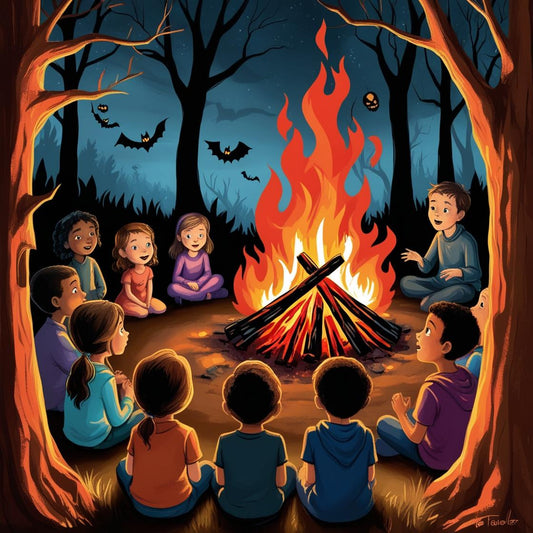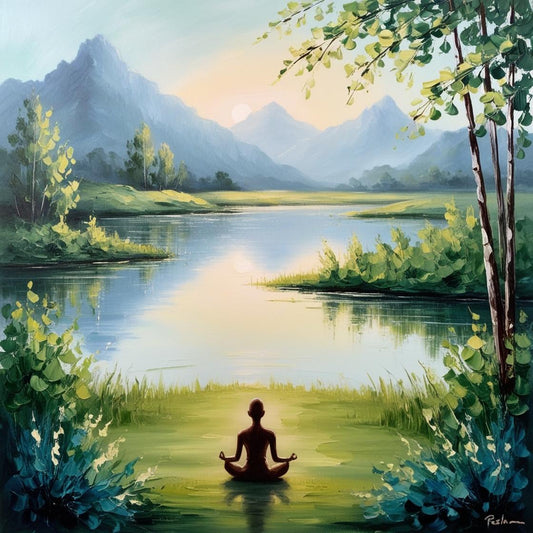Camping out with family and friends is one of the most cherished summer activities, offering a perfect blend of adventure, relaxation, and the chance to reconnect with nature. Whether you’re setting up camp in a lush forest, by a tranquil lake, or on a remote hillside, the experience of sleeping under the stars is hard to beat. However, as wonderful as camping can be, it also comes with its own set of challenges. Being exposed to the elements and the unpredictability of nature means that campers need to be well-prepared to avoid potential risks. This is where bushcraft survival skills come into play.
The Importance of Bushcraft Skills
Bushcraft survival skills are all about living comfortably in the wild using minimal resources. These skills are not just for seasoned survivalists; they can be incredibly useful for anyone who enjoys spending time outdoors. From building a shelter to sourcing food and water, mastering these techniques can make your camping trip not only safer but also more enjoyable.
Common Camping Hazards and How to Avoid Them
While camping offers an escape from the hustle and bustle of everyday life, it also presents certain hazards. Being aware of these risks and knowing how to avoid them can make all the difference in ensuring a safe and successful camping experience.
- Extreme Weather Conditions
Summer camping may conjure up images of warm, sunny days, but weather can change unexpectedly. Sudden thunderstorms, high winds, or even heat waves can pose serious risks. Before setting out, always check the weather forecast and prepare accordingly. Pack clothing and gear for various weather conditions, including waterproof jackets, extra layers for warmth, and sun protection.
- Inadequate Shelter
A poorly constructed shelter can leave you vulnerable to the elements. Learning basic bushcraft skills like how to build a sturdy, weatherproof shelter is great. Whether you’re using a tent or creating a makeshift shelter from natural materials, ensure it’s well-secured and provides adequate protection from wind, rain, and insects.
- Dehydration and Water Contamination
Staying hydrated is vital, especially during hot summer days. Always bring more water than you think you’ll need, and learn how to locate and purify natural water sources if you run out. Boiling water, using water purification tablets, or carrying a portable water filter can prevent the risk of consuming contaminated water.
- Fire Hazards
A campfire is often the heart of a campsite, providing warmth, a place to cook, and a gathering spot. However, it can quickly become a hazard if not managed properly. Always build your fire in a designated area, away from tents and flammable materials. Keep it contained and never leave it unattended. Ensure it’s completely extinguished before you go to bed or leave the campsite.

- Wildlife Encounters
Encounters with wildlife can be a highlight of camping, but they can also be dangerous if you’re not prepared. Store food securely to avoid attracting animals to your campsite, and learn how to react if you come across wildlife unexpectedly. Understanding the behaviour of local animals and respecting their space is key to avoiding negative encounters.
- Injuries and First Aid
Accidents can happen, whether it’s a minor cut, a sprained ankle, or something more serious. Always pack a comprehensive first aid kit and familiarise yourself with basic first aid procedures. Knowing how to treat wounds, deal with insect bites, and handle more severe injuries can be lifesaving in remote areas where help may not be immediately available.
Making Camping Fun and Safe for Everyone
By equipping yourself with bushcraft survival skills, you can turn potential risks into opportunities for learning and adventure. Teaching children and fellow campers these skills can also enhance their connection to nature and boost their confidence in outdoor settings. Remember, the key to a successful camping trip is preparation and respect for the natural world. With the right knowledge and tools, you can ensure that your summer camping adventures are not only fun but also safe for everyone involved.
As you plan your next camping trip, consider taking the time to learn and practise these essential skills. Equip yourself with the knowledge to handle common camping hazards and to respond effectively if things don’t go as planned. By doing so, you'll be better prepared to face the elements and more likely to create lasting, positive memories with your family and friends. Remember, the great outdoors offers a wealth of experiences and opportunities for growth—embrace the adventure with confidence and respect for nature.





